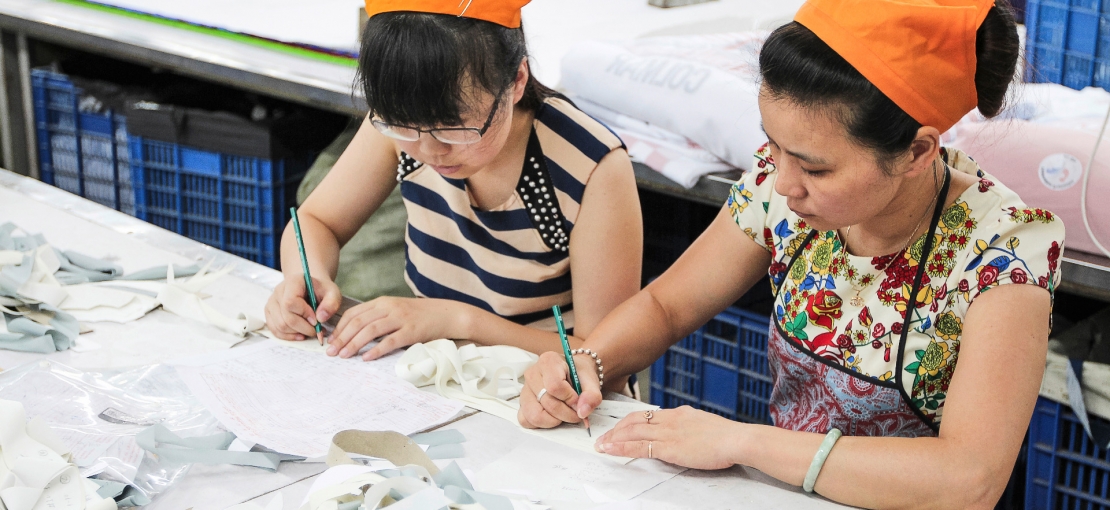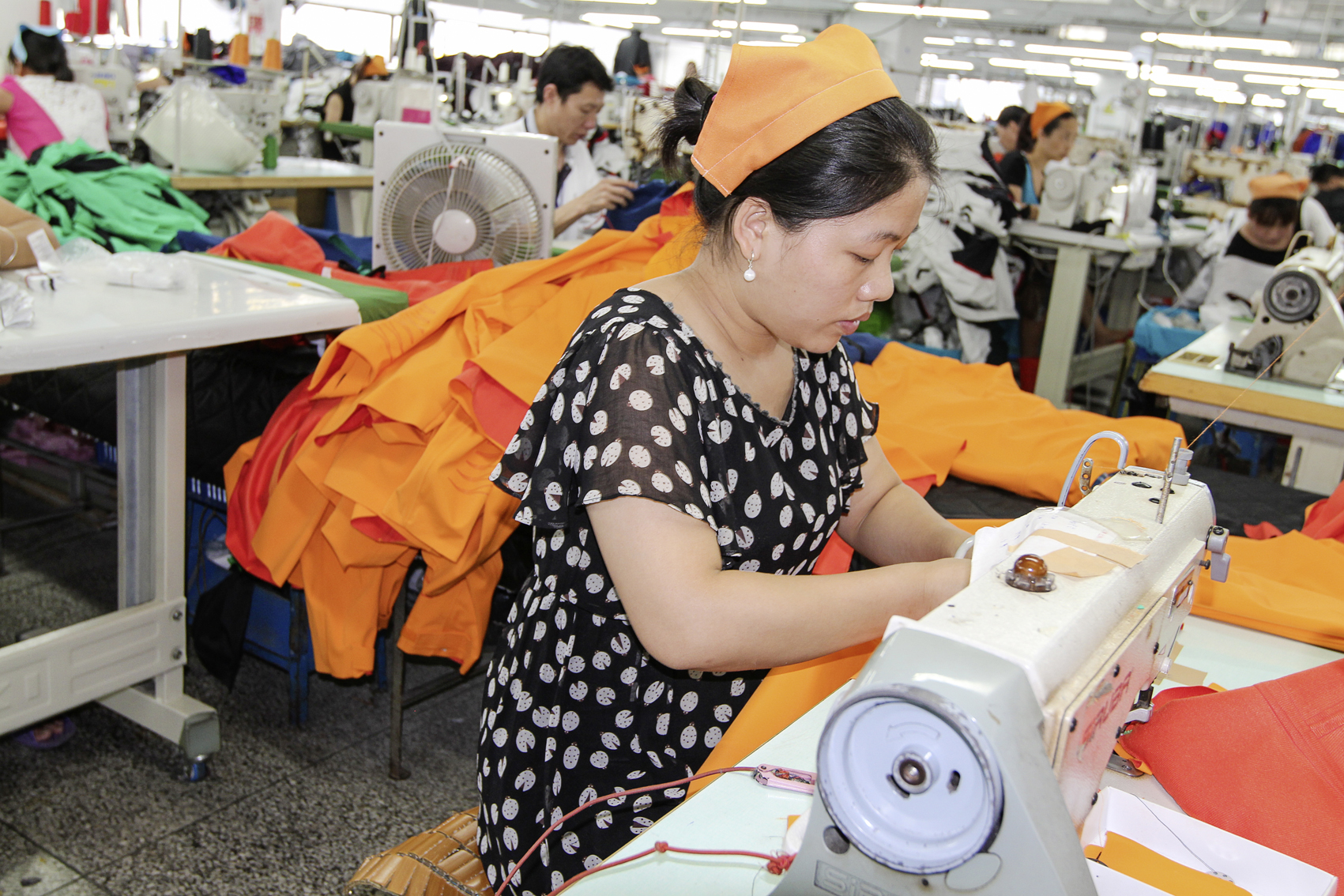
Working together for fair working hours
What we require from our production partners
Hours of work shall comply with applicable laws and industry standards. In any event, workers shall not on a regular basis be required to work in excess of 48 hours per week and shall be provided with at least one day off for every seven-day period. Overtime shall be voluntary, shall not exceed 12 hours per week, shall not be demanded on a regular basis and shall always be compensated at a premium rate.

Findings - mainly in high season
There were complaints in almost all audits carried out in 2015. The primary reason was that the legal regulations for overtime were, at times, far exceeded. In addition, some employees worked more than seven days without a day off, despite the fact that at least one day off per week is required. Such violations generally only occur in the high season - during the off-season, fewer hours are worked in general.
Different laws for overtime regulations
In Vietnam a regular work week is 48 hours and has six days. Under current labor law, up to three hours of overtime per day and a total of 300 hours overtime per year are allowed in the clothing industry.
In China, however, a regular work week is 40 hours and the standard work week consists of five days. The labor code allows a maximum of three hours of overtime per day and 36 hours overtime per month. In China, however, it is common for factories to run six days a week, which means that work is frequently performed on Saturdays. Therefore, the labour code limits are quickly exceeded. This occurs for various reasons such as bad planning, delayed material deliveries or short-notice order placements.
In conversations with workers, we are acutely aware that working overtime or an extra day per week is desired. This is sometimes due to the fact that many of them are migrant workers who have come to the respective production site for financial reasons only. During this time they want to make as much money as possible and then return to their families, who primarily live in the countryside. Nevertheless, it is important that producers comply with the local health and safety legislation.
Each FWF audit and on-site visit of our CSR team will determine whether overtime was paid correctly and was done voluntarily. See also: Living Wages and Saying No to Forced Labor
Identify causes - implement improvements
If excessive working hours are detected during the audit at one of our producers, we look together for the causes. If we discover that the causes lie in our responsibility, we take immediate remedial measures. We might find out, for example, that we need to revise our planning processes to better distribute quantities of products ordered during the year. In this way we can contribute to improving the overtime situation.
Working together to reduce overtime
Overtime can only be reduced if we know the causes. Therefore, we have started a pilot project on overtime with one of our producers. With this project we aim to analyze the causes of overtime to reduce this longterm.
Overtime Project Details
We are leading this project together with a producer who displayed the most overtime during the evaluation of excessive working hours. After engaging in preliminary in-depth discussions on the content and the aim of the project, he agreed to take part and to work together with VAUDE for the reduction of overtime.
The VAUDE CSR employee has developed a tool that can be used to detect both the working times and the number of overtime hours in the departments of cutting, sewing and packaging. Experience has shown that these departments have the highest amount of overtime. When the data is collected, we will analyze it together to find the reasons why overtime occurred. Every month the VAUDE CSR employee will discuss the evaluation with the producers to derive appropriate action to be taken.
We will report on this in the next sustainability report, as the project will run until the end of 2016.
| GRI: | G4-LA15 |






